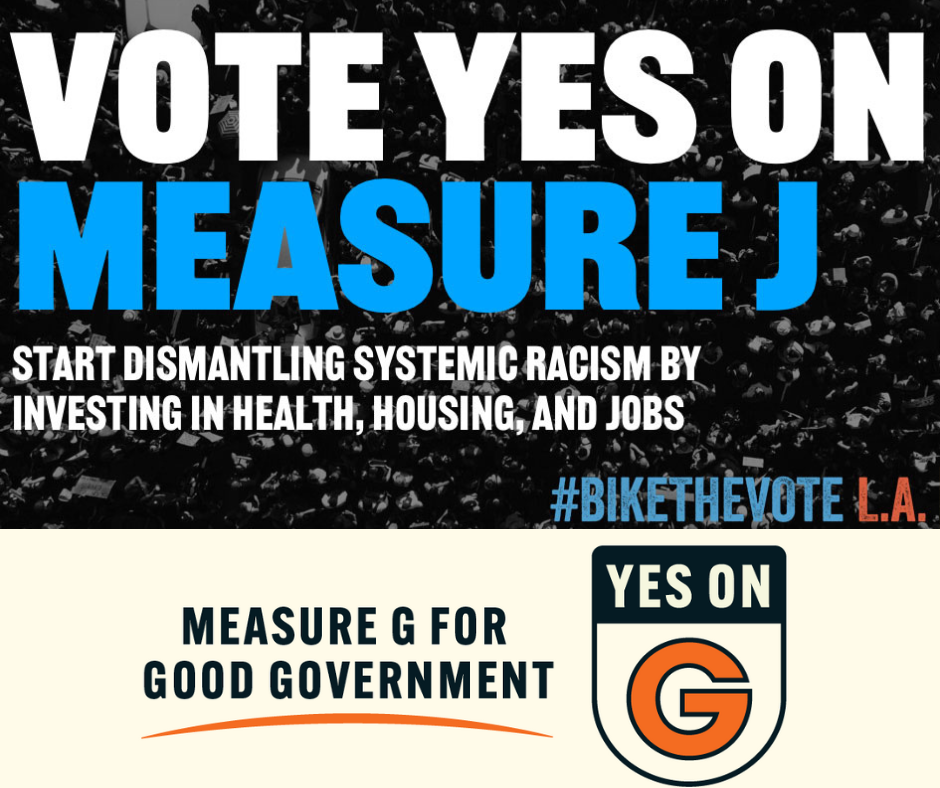There's nothing scarier, as a cyclist, than witnessing a car-on-bike crash. That is especially true if you've got a toddler in tow.
For bike commuting parents like M.J. Kelly at the Cascade Bicycle Club blog, safety concerns carry an added measure of urgency.
Unfortunately, Seattle roadbuilders didn't develop too many routes with moms biking their kids to school in mind. After Kelly and her son Colin witnessed a crash this week, it really brought home her family's vulnerability, and the frustration with their current options:
As I stood on the fringes of the emergency vehicles, I pondered the intersection, while Colin clutched my hand and pondered the firefighters. I glanced down at my helmeted three-year-old (almost, four, he would be quick to add) and thought, “Is this a good street for us? I thought it was, but maybe it’s not. What are our options?”
So there we were, on Brooklyn and 47th, just trying to get from home to school and on to the office safely. Where should we be? I’m tired of feeling cars breathing down my back no matter which street I take. I’m tired of worrying that I’m going to get rear-ended by a driver who isn’t paying attention. I’m tired of not being able to get across needlessly high-speed arterials without taking my life in my hands. I’m tired of trying to do something modestly good by biking a few miles instead of driving, and feeling like I’m at battle.
Lest I sound totally beaten down, I’m not. I still have hope, but hope alone won’t amount to much. If more families are going to get around by bike, we need safer streets. And we need them now.
Elsewhere on the Network today: The Transportationist asks, have we reached peak truck? The Transport Politic comments on U.S. DOT's rush to award high-speed rail grants in an uncertain political climate. And Portland Transport describes a condition he calls "monomodal fixation disorder."







